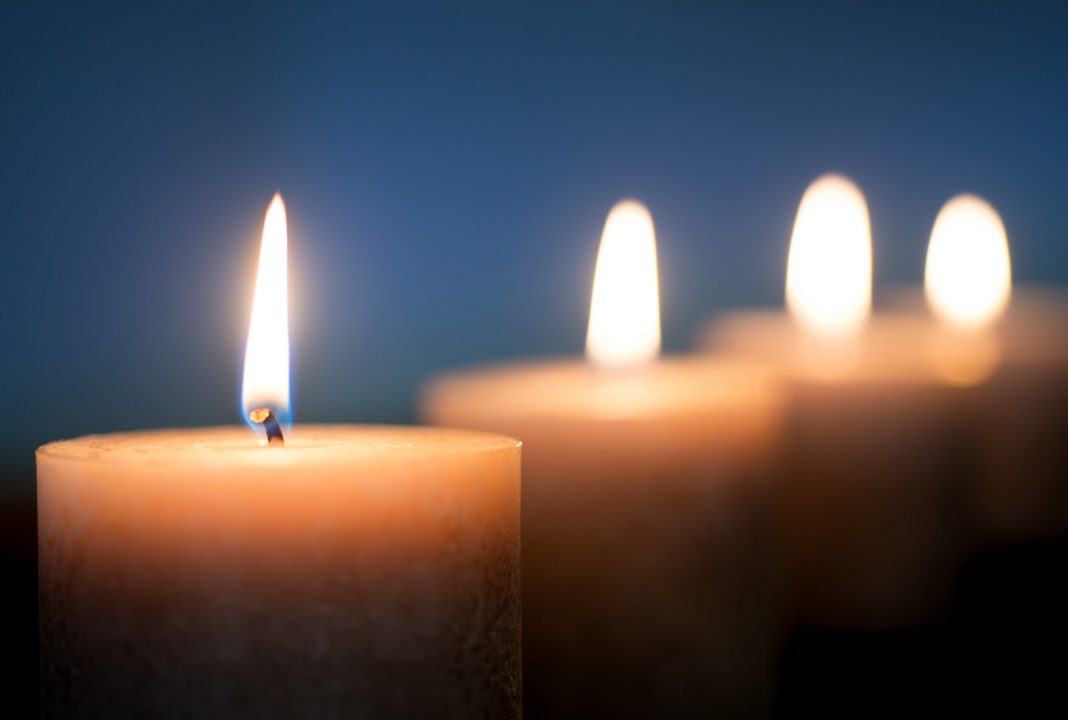The COVID-19 pandemic has significantly disrupted our experiences of, and our rituals associated with, dying, death and bereavement, according to Edith Cowan University lecturer and psychotherapist Karen Anderson.
Ms Anderson has used key research and her own observations working on the frontline of counselling to explain the impact of this pandemic on the grief process, and how we can better manage our grief when the usual rites of passage are not possible.
“COVID-19 has obstructed the vital usual manner of being present with a dying loved one – at their bedside, holding their hand and speaking comforting words,” she said.
“As Robert Neimeyer, PhD, Director of the Portland Institute for Loss and Transition and Professor Emeritus of psychology at the University of Memphis states – ‘Normally, we can hold a loved one’s hand, have meaningful conversations, affirm the bond, make amends. When we are able to practice these things, it softens the blow of loss’.” https://www.apa.org/topics/covid-19/grief-distance
So, how then can we each better manage our immediate grief when the usual rites of passage around death are not possible?
“Managing grief and/or persistent or intrusive thoughts and feelings when compounded by physical distancing requires a degree of self-compassion, whether or not the death of your loved one is a direct result of COVID-19, its implications or, is from other pre-existing conditions, or sudden tragedy,” Ms Anderson said.
Karen Anderson’s advice on coping with grief during COVID-19:
- Remember that grief is a highly personal experience unique to your own self. People grieve in a variety of ways and there is no right or wrong way to grieve. Grieve in a way that feels natural for you. It will be unique to how you loved the person you have lost. As stated by Queen Elizabeth 11, “Grief is the price we pay for love”.
- Grief by its nature is reflective and isolating. It can be a lonely experience. Allow for this whilst also recognising the peculiar abnormal reality in which everyone is now living. You are not alone because of your grief only but due to a broader reality impacted by Covid-19 and physical distancing.
- Do give yourself permission to experience the range of thoughts and feelings that you have whilst always taking care to stay safe. Use rituals that are meaningful to you (it may be to light a candle, to browse through photos, to buy a plant in honour for your loved one).
- Recognise that grief will dominate your emotions and thoughts during the early weeks and months. Grief is a process that takes time to adapt and integrate into your life. Most people learn to cope with and manage their grief as they go about their daily lives.
- Grief is not a mental health issue but it may become one if it’s not acknowledged and addressed. Take additional care during this period of Covid-19 to look after yourself emotionally, mentally and physically. Maintain good health – daily exercise, normal sleep patterns, eat healthy meals even if you eat less, stay hydrated and limit alcohol use.
- Allow yourself to receive care and support offered by others, albeit this may come through different ways than usual – meals, pot plants, flowers candles etc. left at your door, letters, notes and cards in your letterbox, social media, telephone and text messages. This can take effort if you are not used to receiving but letting others provide support to you does help to ease grief.
- Ask for help and reach out to others when you need to. Stay connected with others as regularly as you can. Research indicates staying connected during bereavement and during a crisis is vital. During these Covid-19 physical distancing times, try to have telephone contact with someone each day. Talk about your loved one with others including talking about the good as well as any challenging aspects of your relationship with them.
- Try to stick with your regular routine as much as is possible – getting up and going to bed at the same time is helpful. Experiencing the death of a loved one can be dysregulating so it really does help to keep a regular routine.
- Do not indulge feeling guilty about a funeral which may not have been as your loved one or you wanted. These Covid-19 influenced times are abnormal times and hence the type of funeral has been dictated by a much broader public health necessity. This is something you could not be responsible for.
- Stay focused on what is important to you – your own loss and grief. Limit the amount of news and social media you to only the amount you want. News involving constant distressing updates can be difficult when you are feeling sad.
“Finally, take care, step gently and have kind consideration of and for yourself as you grieve the loss of your loved one in a respectful and meaningful way,” Ms Anderson said.
For more stories:
- Survival tips from an expert in lockdown survival
- The benefits of cold therapy
- Canberra’s face of childbirth education aims to ‘Transform Parenting’
- Helen King offers hearing solutions at home
- 10 ways to process grief after death during a global pandemic
- Kingston Natural Therapies: expert advice, individualised treatment



